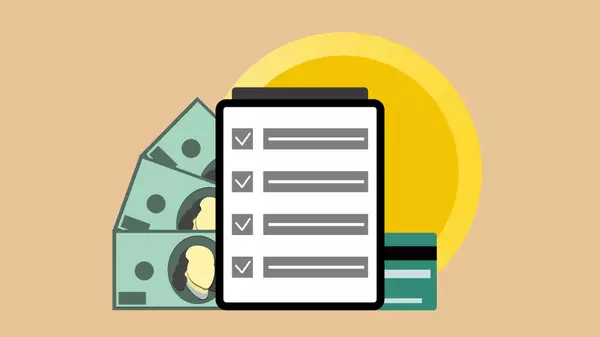Essential Steps for First-Time Home Buyers: A Comprehensive Guide
Embarking on the journey of buying your first home is an exciting milestone, but it requires careful planning and consideration. To ensure a smooth and successful process, there are several essential steps every first-time homebuyer should take. In this comprehensive guide, we'll explore these cruc
Essential Tasks Before Moving into Your New Home
Moving into a new home is an exciting milestone, but before you start unpacking boxes and settling in, there are several important tasks to tackle to ensure a smooth transition. From ensuring your safety and security to setting up essential utilities, here are the key steps you should take before m
Categories
Recent Posts

Market Update! Here's what's happening currently.

Avoid This Key Mistake Before Listing!

The Pros and Cons of Buying a Presale

Spring has Sprung!

The Price is Right!

Sell now or wait?

Buy now or wait?

How to qualify for a higher mortgage amount

Get Your Gosh Darn Pre-Approval!

Buy Assignments Not Presales!
